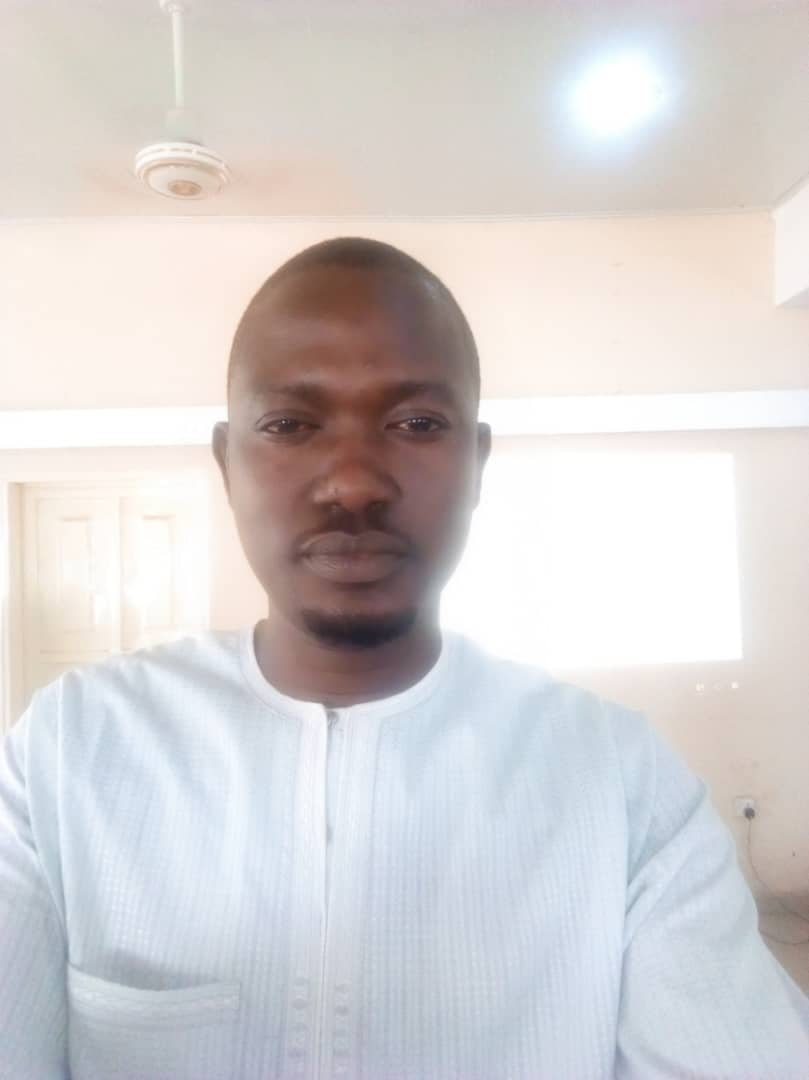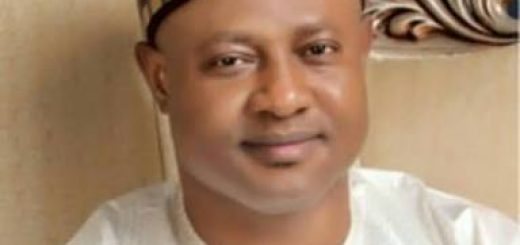Musing on Open Government Partnership in Kaduna State
By Yusuf Goje
With the signing unto the OGP by the present administration in 2017, the process has witnessed commendable progress especially in the areas of co-creating the State Action Plan (SAP), sensitization and capacity building for citizens, initiation of dialogue platforms, localizing it at the local government level, and improvements in government transparency, accountability and responsiveness. Both government and civil society partners have continued to show commitment and enthusiasm in taking the process forward, with the development partners like the Partnership to Engage, Reform & Learn (PERL) actively supporting the process.
Just like any new initiative, after the initial euphoria reality sets in. The OGP process in Kaduna state is not without its own share of challenges both on the part of government and civil society partners. The biggest of such challenge being the slow pace of paradigm shift/attitudinal change as the government is still finding it uncomfortable to come to terms with the reality that civil society are now equal partners with direct influence on decisions; while the civil society are still suspicious and have persistent mistrust of government intentions leading to apathy and deployment of confrontational as against the more desirable collaborative approach.

Looking more closely at the challenges on the part of government, it is evident that it is yet to embrace the civil society as equal partners. This is as citizens are still only consulted after key decisions that directly affect them have been made, with limited opportunity for few questions (that adds little value to the final output/outcome); as witnessed during the Medium Term Expenditure Framework MTEF citizens consultation and 2019 budget town hall meetings. Also, the Kaduna State House of Assembly is presently holding 2019 budget defence meetings with little or no civil society participation and broad based feedback. These and more goes contrary to what commitment one of the SAP envisage.
Also, it is becoming evident that mainly only lead Ministries, Departments & Agencies (MDAs) participating at the level of State Steering Committee(SSC) and Technical Working Group(TWG) fully understand the OGP process. Several engagements with both high level government officials and civil servants, who are not part of the SSC and TWG, at different foras exposed their limited understanding on OGP and commitments adopted, which makes many of them uninterested especially around creating permanent dialogue mechanism for citizens engagement.
Furthermore, government responsiveness to inquiries on its official social media platforms has slowed down over the passed few months. For instance, there have been inquiries as to the present composition of the governing board of Fiscal Responsibility Commission as regards to the status of the civil society representative in compliance with the law, which is also critical to achieving commitment one on the SAP, with no response. Citizens inquiries are usually ignored with no referral as to where to get the requested information.
It has been observed that the citizens call center number is prone to long period of network fluctuations, as sometimes you get the response that the number does not exist. Both the official government website (www.kdsg.gov.ng) and citizens feedback app are not interactive, as there are no provision for government response/feedback to citizens reports and inquiries. Also, most MDAs have not updated their portals and social media platforms for months now. This is discouraging citizens engagement of the platforms provided by the government.
While this is not in anyway an attempt to discredit government’s commendable effort in reforming and opening up the governance process; however, reality on ground shows that there needs to be periodic stakeholders review meeting to look at what is working well, what is not working well, and what needs to be improved.
The government is not the only partner that have challenges; the civil society have its own shortcomings too. At the peak of the ladder is the challenge of weak operational framework and communication strategy, which has left the civil society playing catch-up on the OGP process.
Aside commitment two on open contracting, where the civil society are engaging their government partners robustly; most of the civil society partners in other commitment areas have not met or engaged their government partners even once at the technical working group level. This has left the government partner taking most of the decisions with the civil society partners only consulted afterwards to validate what they did not participate in generating.
The low level of awareness and understanding of the OGP process especially by citizens at the grassroots is an indication that the civil society partners have not really taken up the responsibility of stepping it down. Even though few of the partners are presently raising awareness, their effort can only be equated with a drop in an ocean. Also, weak coordination of activities being implemented by civil society partners is also limiting the desired result. This is in the light that many civil society actors have not really bought into and embraced the OGP process.
Furthermore and importantly, it is becoming evident that for the civil society to make the needed impact in the OGP process, we must put in place our own internal transparency and accountability mechanism not just for ourselves but also to give account to citizens. ‘He that comes to equity must come with clean hands’, let’s do by example what we are asking government to do. This will further make government to respect and take the civil society more seriously.
Equally important, the lack of adequate funding has also been a huge challenge in weakening civil society engagement in the OGP process. While some have leveraged on their existing programs to engage the process, many others have disengaged entirely. This calls for more capacity building around local resource mobilization to fill in the gap in the absence of adequate donor funding.
The burning issue however for both partners is on how to sustain the OGP process beyond the tenure of the present administration, putting into mind that the 2019 general elections is just by the corner, and anything can happen. Therefore, the need for a legal framework that institutionalizes the co-creation principles of the OGP cannot be overstated. As it is, the citizens need the instrumentality of a law to own and sustain the OGP process regardless of the government in power. It is only ideal that the civil society partners initiate a bill with the support of a member, as a sponsor/champion, to that effect.
Finally, may I congratulate both the government and civil society partners for sustaining the spirit behind the OGP despite the listed challenges. Together, through commitment and dedication we shall get to the promise land.
Yusuf Goje
Coalition of Associations for Leadership, Peace, Empowerment & Development (CALPED)




1 Response
… [Trackback]
[…] Find More here to that Topic: newswebexpress.com/musing-on-open-government-partnership-in-kaduna-state/ […]